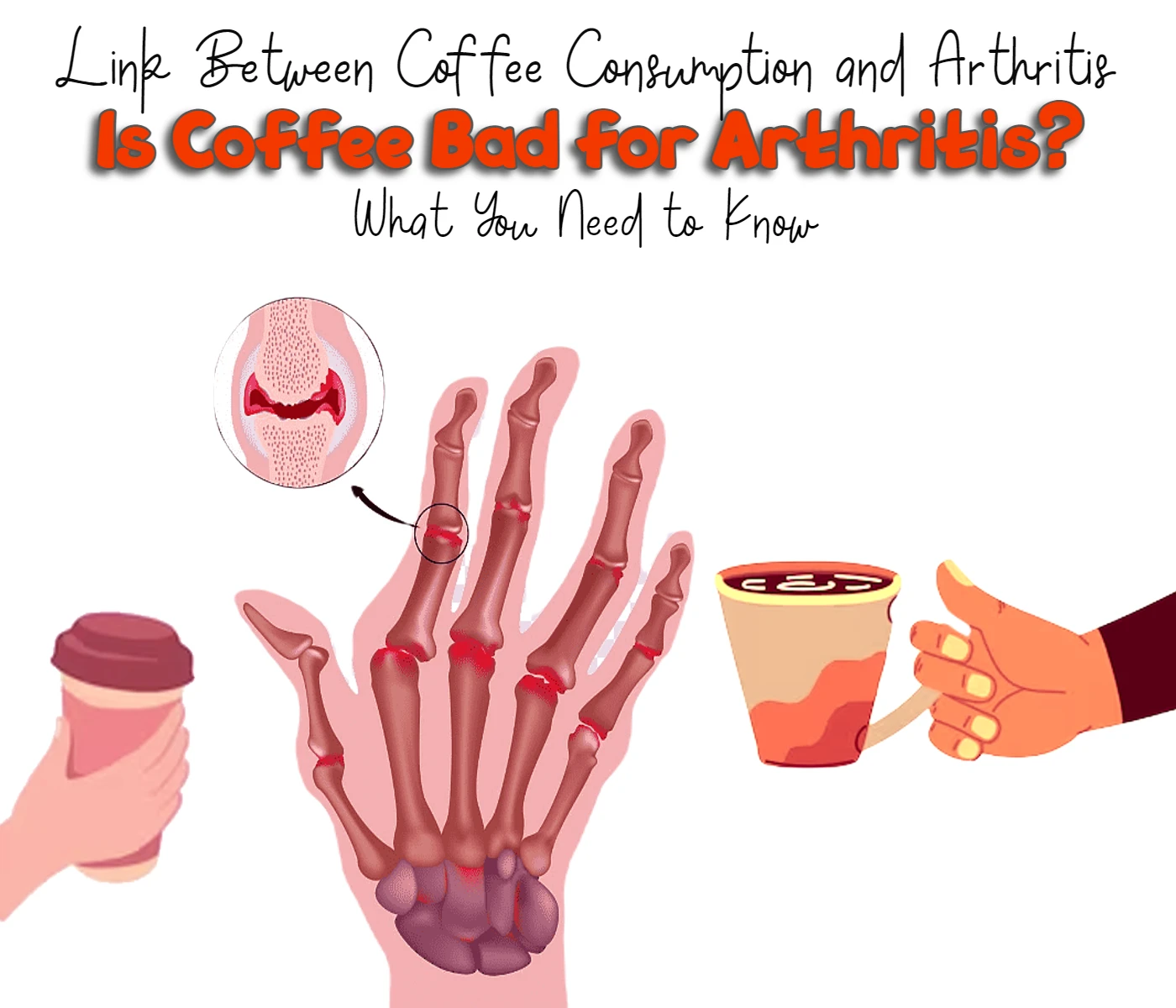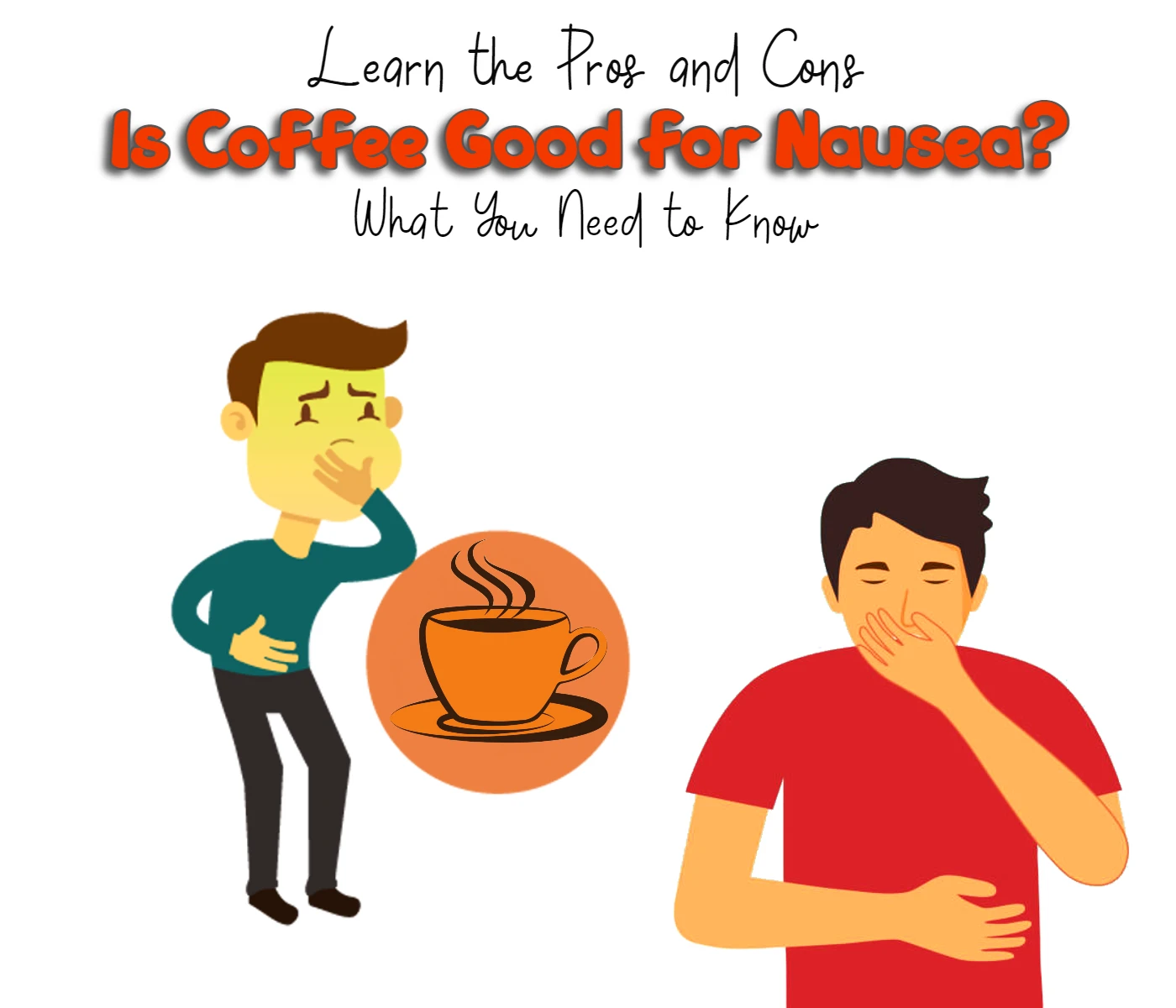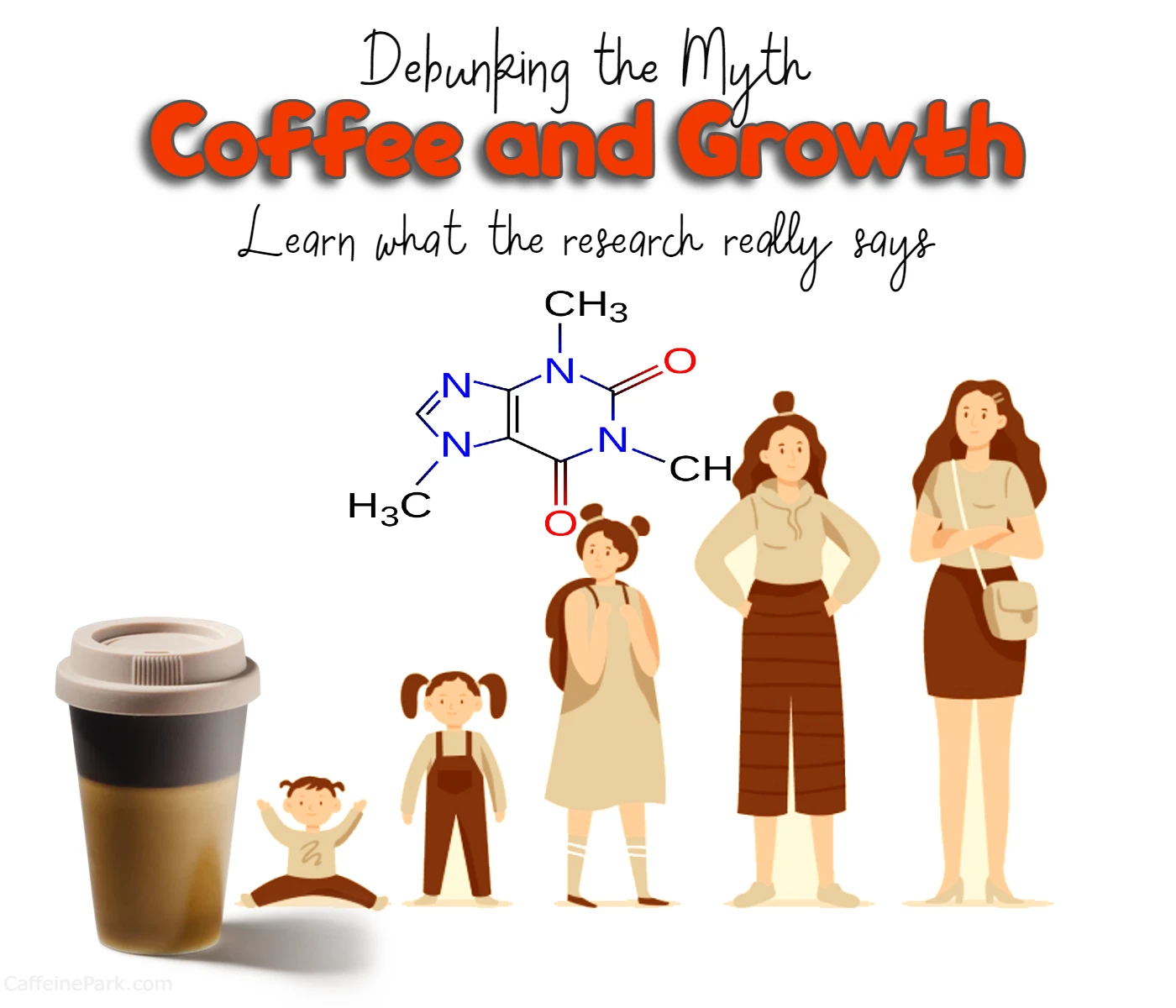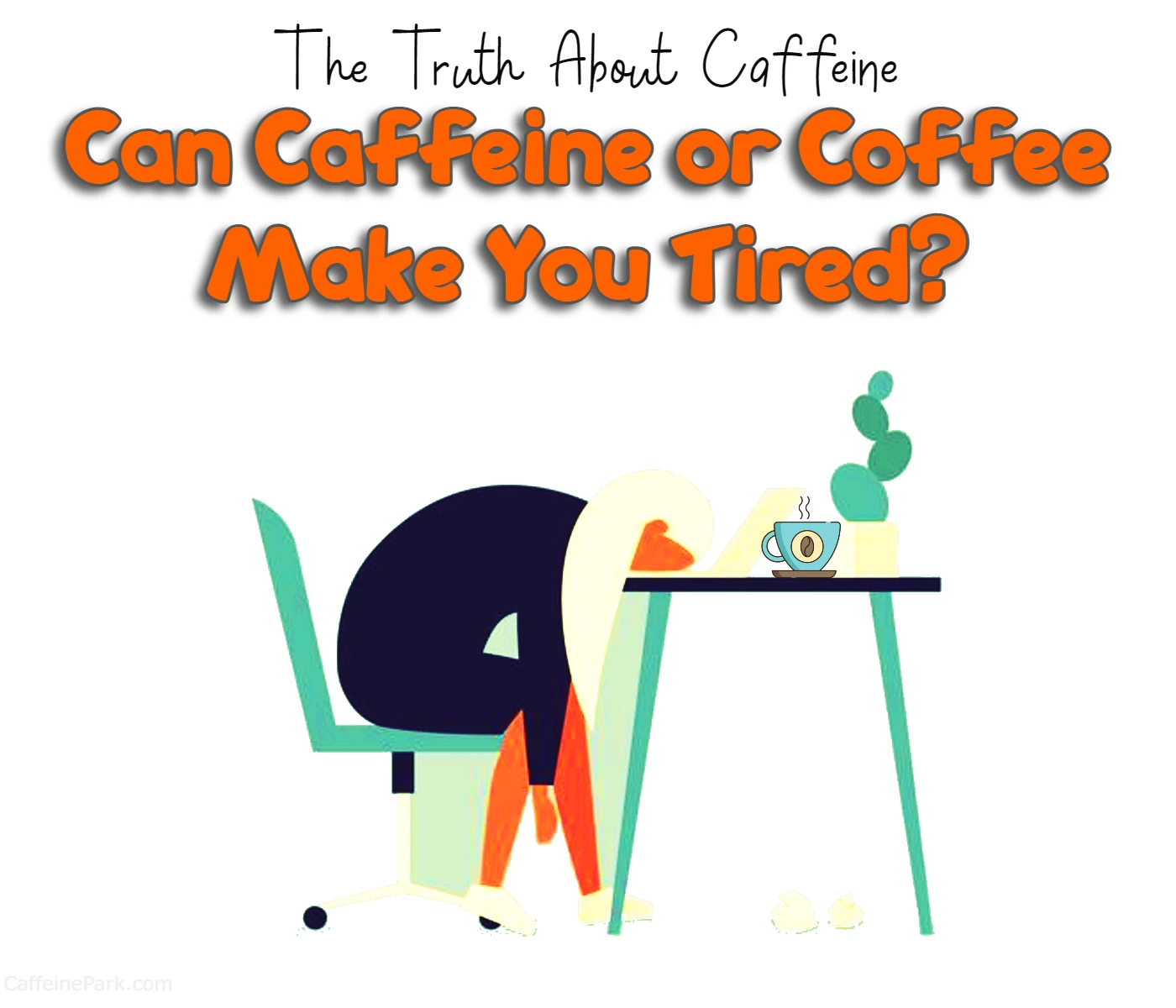Caffeine and increasing purchases
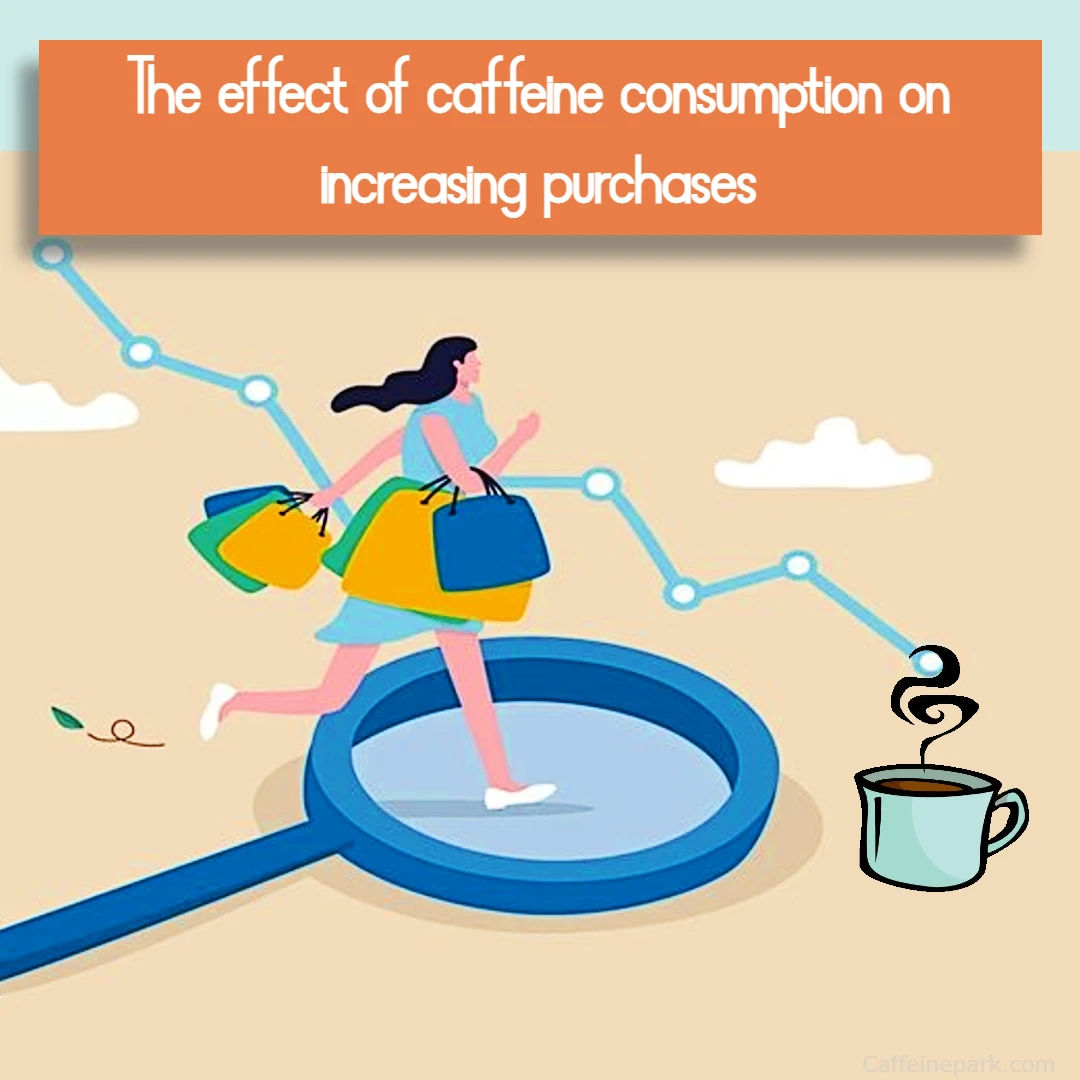
New research suggests that coffee shops may not be your best place to shop when you’re looking to save money. A new study found that consumers are more likely to buy expensive items when they consume caffeine before purchasing them. The researchers looked at the impact of caffeinated beverages on consumer spending habits. Caffeine is found in many drinks, including tea, soda, energy drinks, chocolate milk, and others. The study showed that caffeine increases the likelihood of purchasing an item by 50% while increasing the amount of money spent by about 12%.
This research at Yale University found that caffeine boosts shoppers’ confidence in their choices when looking for items they need. But when the effects of caffeine wore off, those same consumers were less confident about their purchases. Researchers say this could lead to them making impulsively bad decisions — like buying a $500 pair of shoes instead of waiting until they save up for something better.
In three separate experiments, researchers found that participants who had consumed coffee prior to visiting a retail store were more likely to buy something than those who hadn’t. Even when the researchers controlled for other factors like gender, age, income, and ethnicity, they still observed a significant difference in purchase behavior.
How does caffeine influence our buying behavior?
Caffeine is a central nervous system stimulant that can affect the body in a number of ways, including increasing alertness, improving focus, and boosting physical performance. It is also commonly used as a marketing tool to sell products such as energy drinks, coffee, and supplements. However, caffeine can also influence our buying behavior in other ways. Here are a few examples:
Caffeine can affect our decision-making:
Some research suggests that caffeine may influence our decision-making processes by increasing activity in the frontal lobes of the brain, which are involved in decision-making and problem-solving. This could potentially lead to more impulsive or risky buying behavior.
Caffeine may increase risk-taking:
Caffeine has been found to increase activity in the amygdala, which is the part of the brain involved in processing emotions and evaluating risks. This could potentially lead to an increased willingness to take risks in other areas of life, including purchasing decisions.
Caffeine may impact our perceptions of value:
Caffeine has been found to increase activity in the ventromedial prefrontal cortex, which is involved in the evaluation of rewards. This may lead to a perception that products or services being considered for purchase are more valuable than they would otherwise seem.
Caffeine may increase our motivation to shop:
Caffeine can increase feelings of energy and alertness, which may increase motivation to engage in activities such as shopping.
It is important to note that the effects of caffeine on buying behavior can vary from person to person, and may be influenced by other factors such as individual differences in caffeine metabolism and sensitivity. Additionally, more research is needed to fully understand the relationship between caffeine and buying behavior.
Avoid coffee if you plan to shop online
Coffee may not be your best friend when you’re doing online shopping. A study published recently showed that drinking coffee before buying something online leads to higher levels of stress. Coffee drinkers were more likely to feel nervous and stressed about their purchases. However, there was no difference in caffeine levels among coffee drinkers, suggesting that the increased anxiety was due to other factors. Caffeine also affects attention and memory, so if you drink coffee while shopping, you might end up forgetting what you bought.
This time, the researchers had 200 undergraduates at the University of California San Diego participate in the study. Participants were told to fill out a survey about their preferences for various types of coffee, then get ready for an auction. Half of them drank caffeinated coffee, while the others drank decaf. After they completed the survey, they were given a list of 66 items, each priced at $1.
Then, they went online shopping; on the website, they could bid on any item. The highest bidder received the item for free. The researchers found that caffeine made people feel more energetic, which led them to spend more money on average. But when both groups were offered a choice between caffeine and decaf, those who had just drunk decaf spent slightly less money than the ones who had just drunk caffeinated coffee.
Read More:

